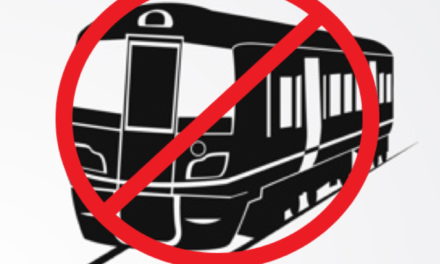Each year school districts across New Hampshire distribute invasive surveys to children. This has caused such and uproar among parents that elected representatives have been actively changing the law to protect parental rights.
Recently New Hampshire law (Section 186:11 IX-d) was changed so that parents are now notified when their children will be surveyed and the questions must be put on the district’s web site so parents can review them. This was a step in the right direction but parents wanted to go further. Parents wanted informed consent before their children could be surveyed. Unfortunately Governor Hassan vetoed that legislation and when there was an attempt to override that veto, there was not enough votes for an over-ride.
Click here to see which state reps voted against SB320/parental rights.
Click here to see which state reps voted for SB320/ parental rights.
Click here to see which state senators voted for SB320/ parental rights/override
Click here to see which state senators voted against SB320/ parental rights/ override
Parents are not obligated to have their children take these surveys and many are refusing.
Once a survey is given, the school then has the excuse to bring in measures to correct the problems they are seeing in those surveys. But do these surveys provide accurate information? Many students report that they don’t take them seriously and answer the questions in the most extreme way. In other words, if it looks like there is a high amount of drug use or if there are a great deal of students engaging in sexual intercourse, this information may be skewed.
During the legislative hearing to require parental consent (SB320), many of the bureaucrats objected. They were concerned they’d lose grant money if more than 5% of the parents refused to let their children participate. In order to receive grant money, many of these organizations require 95% participation. In other words, it was best to keep parents in the dark rather than lose their grant money.
So what happens once a district shows a high amount of students participating in “risky behavior?”
The next step it so apply for a grant to deal with this problem. A problem again, that may not even be as bad as it looks.
A parent in North Dakota reported that after their school was reported as “at risk” based on the survey results, students would become part of a mentoring program. No parental notification is required at this step in New Hampshire and parents weren’t notified in North Dakota either.
The Superintendent explained that the mentoring program was like a big brother/sister program were older students are paired with younger students. This isn’t mandatory but if parents aren’t aware of what’s going on, they cannot refuse to let their children participate.
Who paid for this grant? The grant came from the Youth Risk Behavior Survey.
The most infuriating part according to the parent was, it involved on campus training for the student mentors led by Mentoring Partnership of Minnesota. It shows their CEO is involved with Planned Parenthood and the mentor program providers list includes Planned Parenthood of MN SD ND.
What does Planned Parenthood think is good material to give children when it comes to sex education?
Planned Parenthood endorses “It’s Perfectly Normal,” however in the video you will note that Washington State Prison rejected a fundraising letter that included images from the book for being “sexually explicit” and “obscene.”
Planned Parenthood has also been caught giving children dangerous sex advice:
Is this the kind of organization you want teaching your kids about sex education?
The survey companies make a great deal of money off of taxpayers who fund their surveys.
The results are used to justify bringing in another organization to educate your children on risky behaviors. However we need to ask first, are the results accurate? Who then comes in to educate your children? The most important question no one seems to be asking is: HOW EFFECTIVE IS YOUR PROGRAM AT REDUCING THOSE RISKY BEHAVIORS? Where is the independent data that shows it works?
Planned Parenthood looks more like they are encouraging risky behavior rather than working to reduce it.
These are serious issues that need to be addressed. But this approach could prove to be just as ineffective as the D.A.R.E. program was in the past. Years ago, parents complained that D.A.R.E. was having the opposite effect on their children. The program that was aimed at reducing alcohol and drug use for 5th graders, was actually making them curious about these substances.
If the sex ed provided by the school through organizations like Planned Parenthood has the opposite effect on kids, then children are more likely to engage in the risky behavior. You can see that there is that risk just by watching the Planned Parenthood videos.
Students lose a lot of learning time when they are engaging in surveys and these kinds of programs.
It’s important to not only look at refusing to let your child take the survey but look closely at what programs are then offered after the surveys are completed.
Some of the programs may meet your approval but some may not. It’s up to parents to do the homework. Sit in on a presentation and look at exactly what they are teaching your children. Give feedback to your locally elected school board members. Demand that these programs are age appropriate, do not have the opposite effect and provide proof that they work.
Ann Marie Banfield currently volunteers as the Education Liaison for Cornerstone Action in New Hampshire. She has been researching education reform for over a decade and actively supports parental rights, literacy and academic excellence in k-12 schools. You can contact her at: abanfield@nhcornerstone.org


